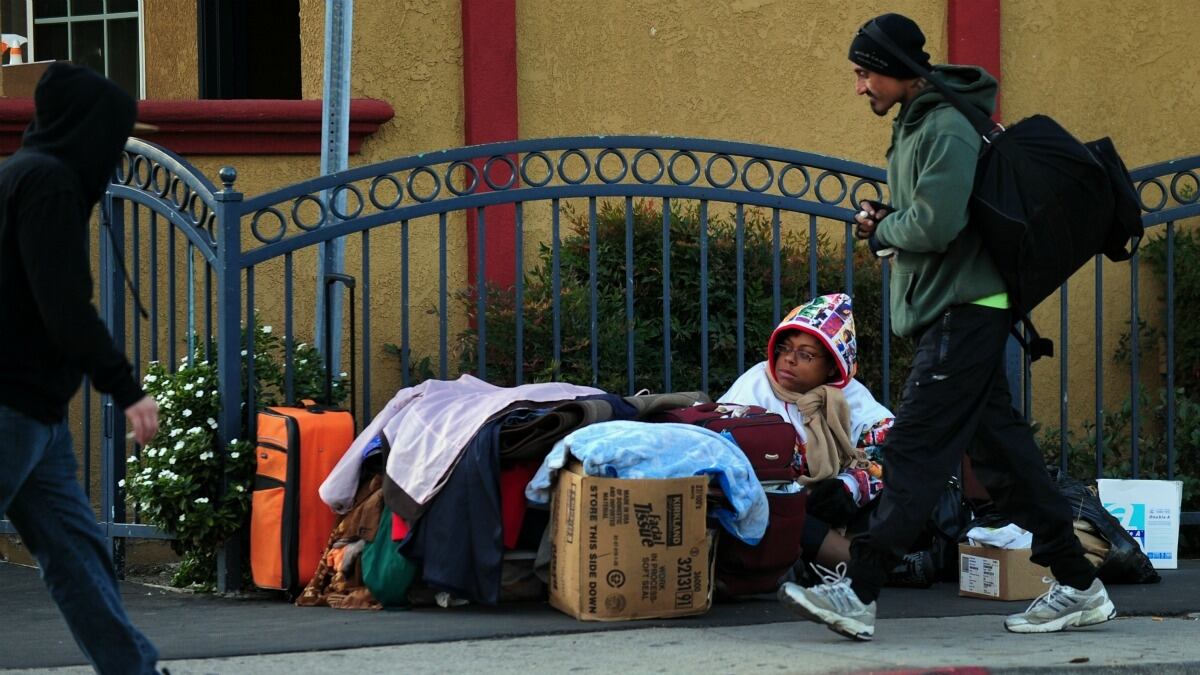
On this Martin Luther King day, many are observing that while the US is less racially stratified than it was in 1963, it is more economically unequal than ever.
This discrepancy is cited as if it were a paradox. But what if it's not? Here's the British journalist David Goodhart—a progressive himself by the way—writing in Prospect magazine in 2004 about what he then called, the "progressive dilemma" on immigration and ethnicity:
The diversity, individualism and mobility that characterise developed economies – especially in the era of globalisation – mean that more of our lives is spent among strangers. Ever since the invention of agriculture 10,000 years ago, humans have been used to dealing with people from beyond their own extended kin groups.
The difference now in a developed country like Britain is that we not only live among stranger citizens but we must share with them. We share public services and parts of our income in the welfare state, we share public spaces in towns and cities where we are squashed together on buses, trains and tubes, and we share in a democratic conversation – filtered by the media – about the collective choices we wish to make. All such acts of sharing are more smoothly and generously negotiated if we can take for granted a limited set of common values and assumptions. But as Britain becomes more diverse that common culture is being eroded.
And therein lies one of the central dilemmas of political life in developed societies: sharing and solidarity can conflict with diversity. This is an especially acute dilemma for progressives who want plenty of both solidarity – high social cohesion and generous welfare paid out of a progressive tax system – and diversity – equal respect for a wide range of peoples, values and ways of life. The tension between the two values is a reminder that serious politics is about trade-offs. It also suggests that the left’s recent love affair with diversity may come at the expense of the values and even the people that it once championed.






